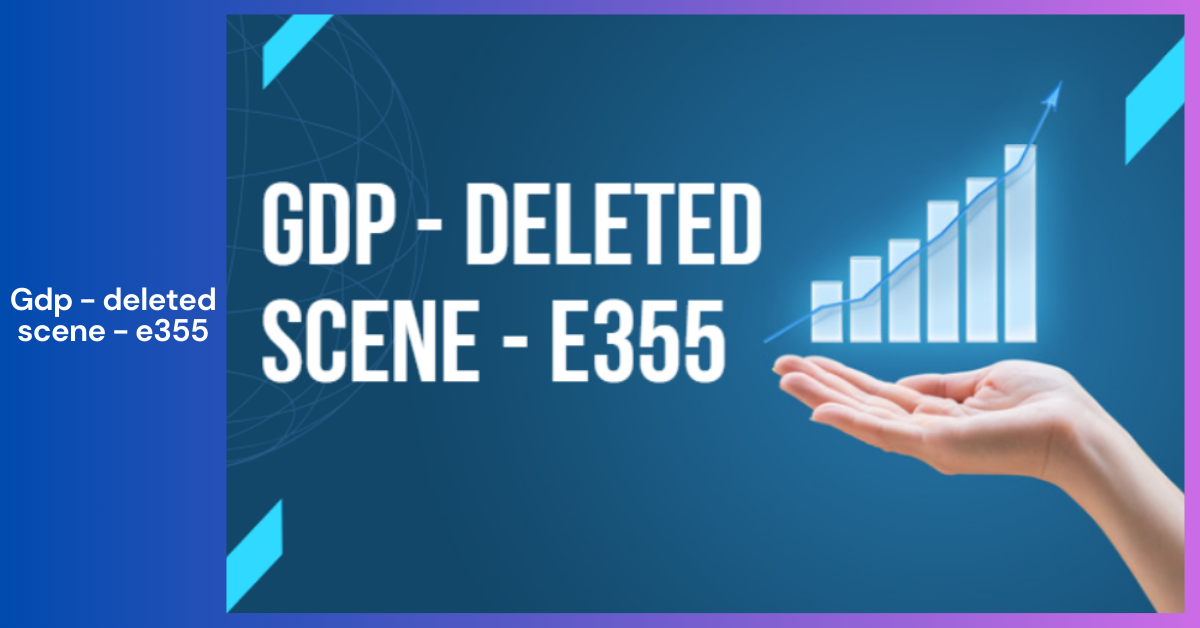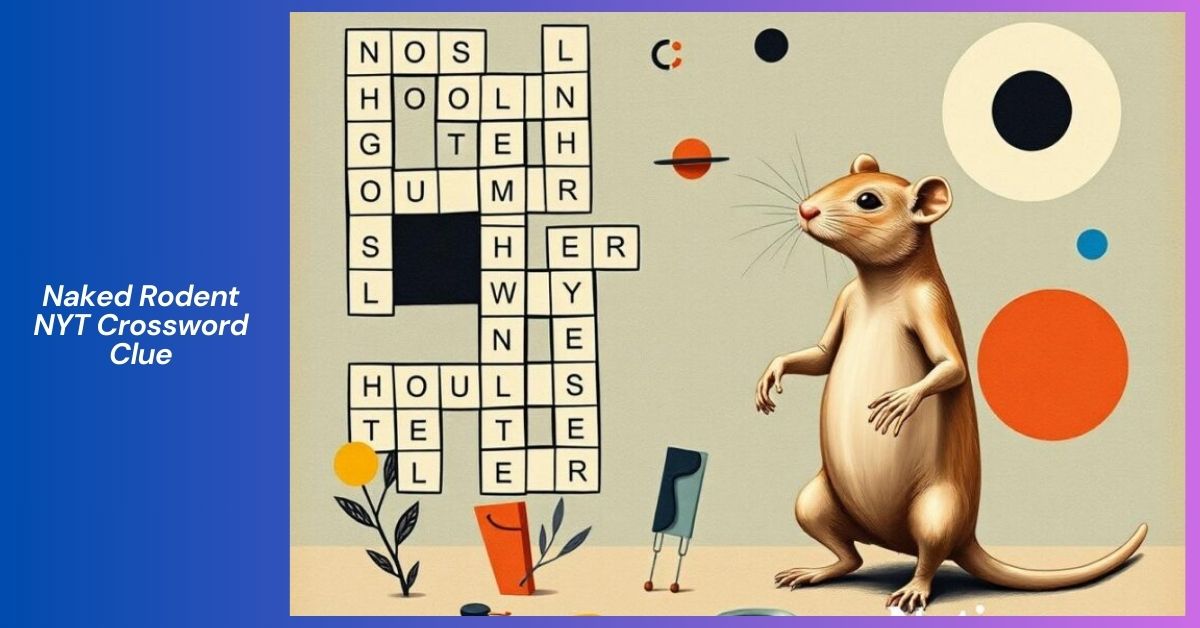
When you hear “GDP – Deleted Scene – E355,” it might sound like a mysterious code or an obscure reference. But it holds significant meaning in the realm of economics, particularly in understanding a country’s economic health.
This article will dive deep into the concept, breaking down what “GDP – Deleted Scene – E355” means, its implications, and why it’s crucial for both experts and everyday people alike. We’ll explore the keyword “GDP – Deleted Scene – E355” in a way that is easy to understand, ensuring you walk away with a comprehensive grasp of the topic.
What Is GDP?
Gross Domestic Product (GDP) is a fundamental economic indicator that measures the total value of all goods and services produced within a country’s borders over a specific time period. It’s a crucial metric because it gives us an overview of a nation’s economic health.
When GDP is high, it generally means the economy is doing well, with businesses thriving and people spending money. On the other hand, a declining GDP might signal economic troubles, with lower production, fewer jobs, and less spending.
Breaking Down “Deleted Scene – E355”
The term “Deleted Scene – E355” adds an intriguing layer to our discussion. In this context, it suggests a segment or element related to GDP that has been overlooked, removed, or hidden from mainstream analysis.
It might imply a specific economic event, policy, or factor that is not commonly included in traditional GDP calculations but could significantly impact the overall understanding of a nation’s economic performance.
Why Is This Important?
Understanding the “deleted scenes” in GDP calculations, like E355, can offer a deeper insight into economic performance.
Often, traditional GDP calculations might not consider certain factors like the informal economy, environmental impact, or specific social changes. By exploring these “deleted scenes,” we can gain a more holistic view of what truly drives a country’s economic success or failure.
The Hidden Factors in GDP Calculations
Let’s explore some of the elements that might be part of the “Deleted Scene – E355” and why they are often excluded from standard GDP measurements:
1. The Informal Economy
The informal economy includes all economic activities that are not regulated by the government and therefore not included in official GDP statistics.
This could be anything from small street vendors to unregistered businesses. While these activities contribute to economic output, they are often “deleted” from the official GDP scene.
2. Environmental Costs
Traditional GDP calculations focus on production and consumption but often ignore the environmental costs of economic activities.
For example, industrial pollution or deforestation might boost GDP in the short term due to increased production but cause long-term damage to the environment and public health. These environmental costs are part of the “deleted scene” because they aren’t typically deducted from GDP.
3. Social and Economic Inequality
GDP measures the total output but doesn’t account for how that wealth is distributed. A country might have a high GDP, but if the wealth is concentrated in the hands of a few, the majority of the population might not experience economic well-being.
This inequality is often part of the “deleted scene” in GDP discussions.
How “Deleted Scene – E355” Impacts Policy Decisions
Governments and policymakers rely on GDP data to make critical decisions about spending, taxation, and social programs. If certain factors, like those in “Deleted Scene – E355,” are overlooked, policies might not address the real needs of the population.
For instance, ignoring the informal economy could lead to inadequate support for small businesses, while overlooking environmental costs might result in unsustainable development policies.
The Role of Technology and Innovation
In the modern world, technology and innovation play significant roles in shaping economies. However, these sectors might also be part of the “deleted scenes.”
For instance, the impact of digital economies or the gig economy might not be fully captured in traditional GDP calculations. As technology evolves, it’s essential to update our economic measures to include these new forms of economic activity.
Global Comparisons and “Deleted Scene – E355”
When comparing the GDP of different countries, it’s crucial to consider the “deleted scenes” that might be unique to each nation.
For example, one country might have a large informal economy, while another might face significant environmental degradation. Without considering these factors, GDP comparisons might be misleading, giving a false impression of a country’s economic health.
Critiques and Controversies Surrounding GDP
There is growing criticism of GDP as the sole measure of economic success. Critics argue that it oversimplifies economic realities and overlooks crucial factors like quality of life, environmental sustainability, and social equality.
The concept of “Deleted Scene – E355” aligns with these critiques, suggesting that there’s more to the economic story than what GDP alone can tell.
Alternative Measures to GDP
To address the limitations of GDP, some economists suggest alternative measures that could include the elements found in the “Deleted Scene – E355.” These might include:
1. Gross National Happiness (GNH)
This measure focuses on the overall well-being of a population, including psychological well-being, health, education, and environmental sustainability.
2. Human Development Index (HDI)
The HDI combines GDP with other factors like life expectancy, education, and per capita income to provide a more comprehensive view of a nation’s development.
3. Genuine Progress Indicator (GPI)
The GPI adjusts GDP by considering factors like income distribution, environmental degradation, and the value of household and volunteer work.
Future of GDP and the Inclusion of “Deleted Scenes”
As we move forward, there’s a growing consensus that GDP alone is not enough to measure a nation’s success.
The inclusion of “deleted scenes” like E355 could lead to a more nuanced and accurate understanding of economic health. This could help policymakers make better decisions that promote sustainable and inclusive growth.
Conclusion
The concept of “GDP – Deleted Scene – E355” challenges us to look beyond traditional economic measures and consider the hidden factors that shape a nation’s economic reality.
By understanding and including these “deleted scenes,” we can gain a more comprehensive and accurate picture of economic health.
This not only helps policymakers make better decisions but also empowers individuals to understand the true state of their country’s economy.
As we continue to evolve our economic measures, it’s essential to keep these hidden factors in mind, ensuring that our understanding of economic success is both inclusive and sustainable.
FAQs About “GDP – Deleted Scene – E355”
What exactly is “GDP – Deleted Scene – E355”?
“Deleted Scene – E355” refers to overlooked or excluded elements in traditional GDP calculations, such as the informal economy, environmental costs, or social inequality.
Why is understanding “Deleted Scene – E355” important?
Understanding these hidden factors can provide a more accurate and holistic view of a country’s economic performance, leading to better policy decisions.
How does the informal economy relate to “Deleted Scene – E355”?
The informal economy includes unregulated economic activities not counted in official GDP statistics. These activities contribute to economic output but are often excluded from GDP calculations, making them part of the “deleted scene.”
Are there alternatives to GDP that include “Deleted Scene – E355” elements?
Yes, alternatives like the Gross National Happiness (GNH), Human Development Index (HDI), and Genuine Progress Indicator (GPI) include factors that GDP might overlook.
How can policymakers use the concept of “Deleted Scene – E355”?
Policymakers can use this concept to create more inclusive and sustainable economic policies that consider factors like environmental impact, social inequality, and the informal economy.





